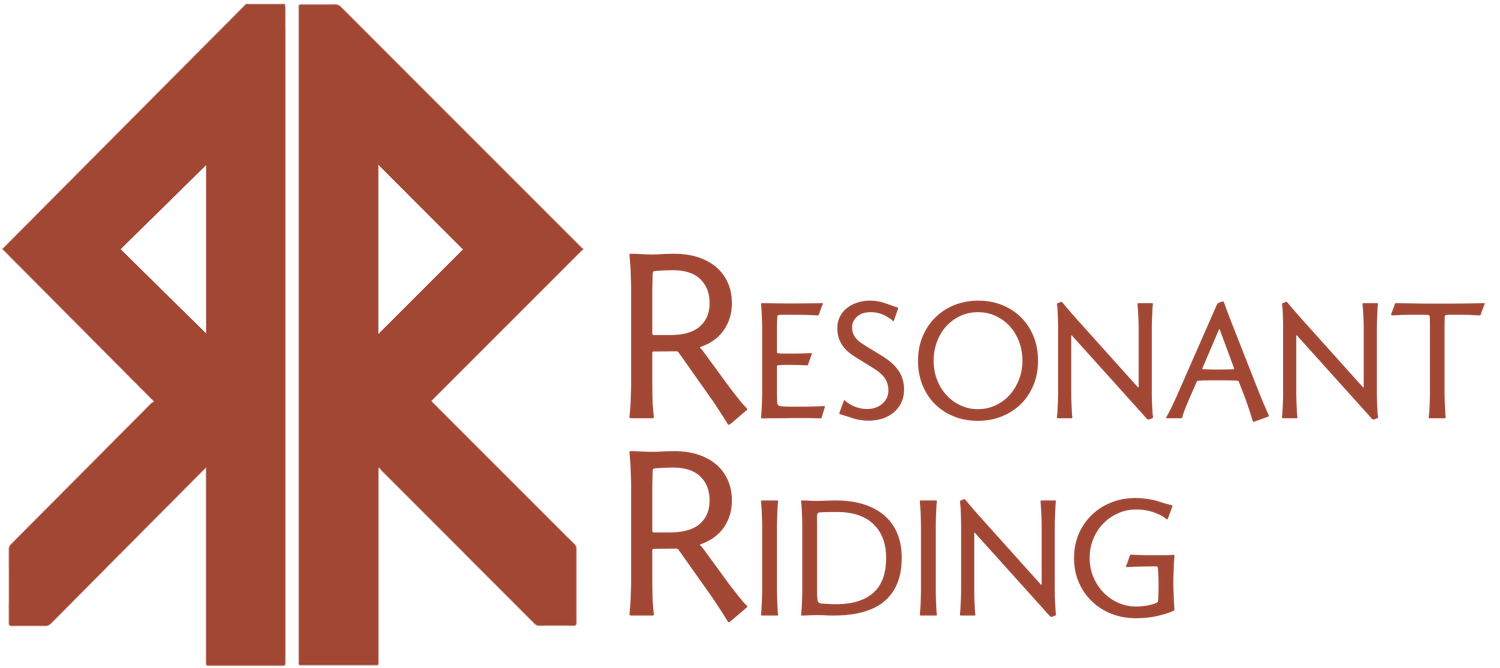 Image 1 of
Image 1 of


Resonant Riding 1: Gæðinga Dressage Handbook
Our Resonant Riding 1 Handbook was our first handbook created for our initial Gæðinga Dressage online and in person courses since 2017. This handbook explains our foundational principles behind our training concept and is a perfect place to start if you are new to our methodology. Learn about how we integrate flow theory, classical dressage, and Icelandic traditions into our work with horses and people. Explore the creative process and how it applies in horsemanship.
Document is 26 pages that you will receive as a downloadable PDF file.
This handbook is included in our Resonation Fundamentals.
If you have completed one of our Level 1 Courses than you already have this document! If you would like the updated version of this document please email us a lalaandcarrie@gmail.com and we will email you a discount code in order to download the most recent edition for free!
TABLE OF CONTENTS
Meet Your Instructors and the Founders of Resonant Riding
The Training Method: Resonant Riding
Speed control
Directional control
Moving under weight
Moving away from pressure
Shoulders traveling between the reins
Dressage exercises
Suppling and collecting
Position and direction of the feet
Bend and flexion
Direction of bend and flexion
Rhythmic movement
Creative Process Guidelines
Technical theory
Comfortability
Application
Enjoying the process
Flow and Music
Relationship to music and your musical choices
Our Resonant Riding 1 Handbook was our first handbook created for our initial Gæðinga Dressage online and in person courses since 2017. This handbook explains our foundational principles behind our training concept and is a perfect place to start if you are new to our methodology. Learn about how we integrate flow theory, classical dressage, and Icelandic traditions into our work with horses and people. Explore the creative process and how it applies in horsemanship.
Document is 26 pages that you will receive as a downloadable PDF file.
This handbook is included in our Resonation Fundamentals.
If you have completed one of our Level 1 Courses than you already have this document! If you would like the updated version of this document please email us a lalaandcarrie@gmail.com and we will email you a discount code in order to download the most recent edition for free!
TABLE OF CONTENTS
Meet Your Instructors and the Founders of Resonant Riding
The Training Method: Resonant Riding
Speed control
Directional control
Moving under weight
Moving away from pressure
Shoulders traveling between the reins
Dressage exercises
Suppling and collecting
Position and direction of the feet
Bend and flexion
Direction of bend and flexion
Rhythmic movement
Creative Process Guidelines
Technical theory
Comfortability
Application
Enjoying the process
Flow and Music
Relationship to music and your musical choices
Our Resonant Riding 1 Handbook was our first handbook created for our initial Gæðinga Dressage online and in person courses since 2017. This handbook explains our foundational principles behind our training concept and is a perfect place to start if you are new to our methodology. Learn about how we integrate flow theory, classical dressage, and Icelandic traditions into our work with horses and people. Explore the creative process and how it applies in horsemanship.
Document is 26 pages that you will receive as a downloadable PDF file.
This handbook is included in our Resonation Fundamentals.
If you have completed one of our Level 1 Courses than you already have this document! If you would like the updated version of this document please email us a lalaandcarrie@gmail.com and we will email you a discount code in order to download the most recent edition for free!
TABLE OF CONTENTS
Meet Your Instructors and the Founders of Resonant Riding
The Training Method: Resonant Riding
Speed control
Directional control
Moving under weight
Moving away from pressure
Shoulders traveling between the reins
Dressage exercises
Suppling and collecting
Position and direction of the feet
Bend and flexion
Direction of bend and flexion
Rhythmic movement
Creative Process Guidelines
Technical theory
Comfortability
Application
Enjoying the process
Flow and Music
Relationship to music and your musical choices

